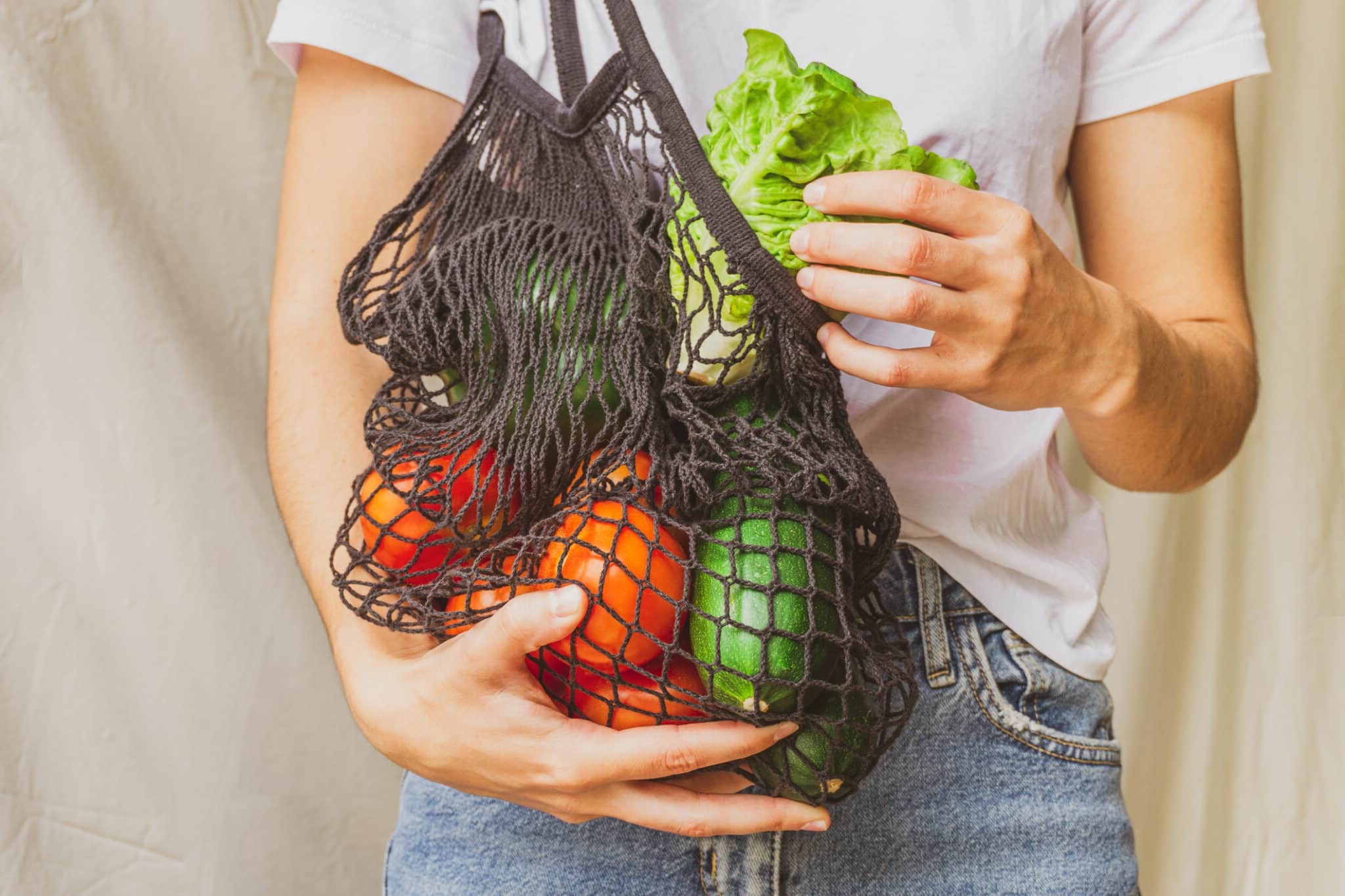
Ever wondered why everyone's buzzing about organic food these days? Organic food has taken grocery stores by storm, but what's all the fuss about? From farm to table, these products promise a healthier, more sustainable option for our meals. But hey, is it all just a trend, or are there genuine benefits behind the organic label? In this blog post, we'll peel back the layers of the organic food industry and serve up 23 juicy facts that might just surprise you. Whether you're a health enthusiast or just curious about your food choices, these insights will give you food for thought. Ready to crunch into some organic food facts? Let's get started!
Key Takeaways:
- Organic food is grown without synthetic chemicals, promoting healthier soil, fresher produce, and better animal welfare. It also supports local economies and reduces exposure to harmful pesticides.
- Choosing organic food can lead to higher nutrient levels, reduced risk of chronic diseases, and a positive impact on the environment through reduced greenhouse gases and preservation of biodiversity.
What Is Organic Food?
Organic food refers to crops or livestock that are grown and processed without the use of synthetic fertilizers, pesticides, genetically modified organisms (GMOs), antibiotics, or growth hormones. This approach to farming promotes ecological balance and aims to conserve biodiversity. Consumers often choose organic products for their perceived health benefits and environmental advantages.
Why Choose Organic?
-
Organic farming supports healthier soil. Without synthetic chemicals, organic farming practices contribute to maintaining soil health through crop rotation, natural fertilizers, and minimal tillage.
-
Reduced exposure to pesticides. By choosing organic, consumers can reduce their exposure to harmful pesticides used in conventional agriculture, which are linked to various health issues.
-
Organic food is often fresher. Since it doesn't contain preservatives that extend its shelf life, organic produce is typically fresher when it reaches your table.
-
Organic farming is better for the environment. Practices used in organic farming reduce pollution, conserve water, reduce soil erosion, increase soil fertility, and use less energy.
-
Promotes animal welfare. Organic farming standards require that animals are given organic feed, have access to the outdoors, and are raised without antibiotics or hormones.
Nutritional Benefits of Organic Food
-
Higher levels of certain nutrients. Some studies have found that organic foods can have higher levels of certain nutrients, including antioxidants, compared to conventionally grown foods.
-
No synthetic hormones or antibiotics. Organic meat and dairy come from animals that are not given antibiotics or growth hormones, which is beneficial for both human health and animal welfare.
Organic Food and the Economy
-
Supports local farmers. Buying organic often means purchasing from local farmers, which helps support local economies and reduces the carbon footprint associated with long-distance food transport.
-
Job creation. Organic farming requires more labor than conventional farming, which means it can create more jobs per acre.
Common Myths About Organic Food
-
"Organic food is always more expensive". While organic food can be more expensive due to more labor-intensive farming practices, prices are becoming more competitive as demand increases. Additionally, the cost can be offset by joining local food co-ops or buying in season.
-
"Organic and natural are the same". "Natural" is not a regulated term and can be used by any product. Organic, however, requires certification and strict adherence to defined standards.
The Global Impact of Organic Farming
-
Reduction in greenhouse gases. Organic farming practices can help reduce the production of greenhouse gases, contributing to the fight against climate change.
-
Preservation of biodiversity. By prohibiting the use of synthetic pesticides and fertilizers, organic farming helps preserve biodiversity and protect species from extinction.
How to Identify Organic Food
-
Look for certification labels. In many countries, organic products are certified and carry a specific label, such as the USDA Organic label in the United States.
-
Understand the codes. In some places, organic produce is identified by a price look-up (PLU) code that usually begins with the number 9.
The Future of Organic Food
-
Growing consumer demand. As awareness of health and environmental issues increases, so does the demand for organic food.
-
Innovation in organic farming. Advances in technology and farming methods continue to make organic farming more efficient and sustainable.
-
Expansion of organic products. Beyond just produce, the range of organic products available now includes everything from meat and dairy to processed foods and beverages.
Organic Food and Health
-
Potential for reduced risk of chronic diseases. Some research suggests that consuming organic food may reduce the risk of certain chronic diseases, though more studies are needed to confirm these findings.
-
Lower levels of toxic metals. Organic foods have been shown to have lower levels of toxic metals like cadmium, which is often found in synthetic fertilizer.
The Environmental Benefits of Organic Farming
-
Promotes water conservation and quality. Organic farming practices reduce pollution and conserve water, leading to improved water quality in surrounding areas.
-
Enhances soil health. Organic farming practices, such as crop rotation and the use of compost, help build healthy soil, which is the foundation of the food chain.
-
Reduces energy consumption. Organic farms typically use less energy due to their reliance on manual labor and renewable resources, contributing to lower carbon emissions.
A Fresh Perspective on Organic Eats
Organic food has taken our plates and hearts by storm, offering a healthier, more sustainable option for our daily meals. From reducing exposure to harmful pesticides to supporting local farmers and safeguarding our environment, the benefits are clear and compelling. With every bite of organic produce, we're not just nourishing our bodies; we're making a conscious choice for a better world. Remember, switching to organic doesn't have to be an all-or-nothing approach. Even small changes, like choosing organic for the foods you eat most, can make a big difference. So, next time you're at the grocery store, consider reaching for that organic apple or bag of spinach. It's a simple step that can lead to big changes for your health and the planet. Let's keep pushing for a greener, cleaner, and more sustainable future, one organic choice at a time.
Frequently Asked Questions
Was this page helpful?
Our commitment to delivering trustworthy and engaging content is at the heart of what we do. Each fact on our site is contributed by real users like you, bringing a wealth of diverse insights and information. To ensure the highest standards of accuracy and reliability, our dedicated editors meticulously review each submission. This process guarantees that the facts we share are not only fascinating but also credible. Trust in our commitment to quality and authenticity as you explore and learn with us.


